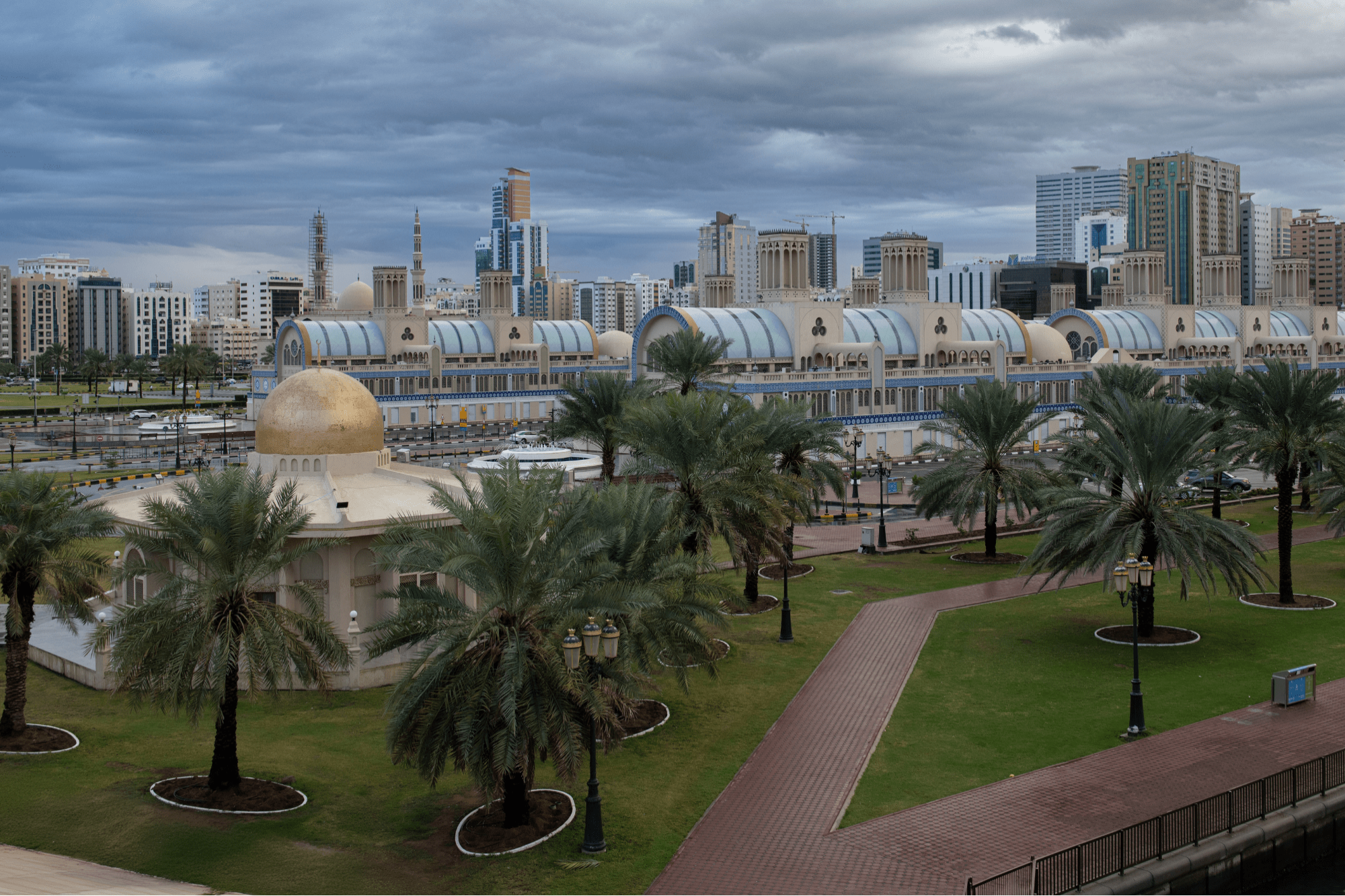Why Public-Private Partnerships Can Provide Flexibility to GCC's Healthcare Sector The PPP model can work for the long-term only if a framework is set up with clarity in choices, opportunities and imperatives for both the government and the private sector.
Opinions expressed by Entrepreneur contributors are their own.
You're reading Entrepreneur Middle East, an international franchise of Entrepreneur Media.

Healthcare spending in the GCC is expected to touch $69.4 billion in 2018, according to Deloitte, as the region continues to witness steady population growth, a rising incidence of chronic conditions, and increasing healthcare costs.
Understandably, a significant beneficiary of public-private partnerships in the GCC and around the world should be, and is, healthcare. As healthcare costs increase, there is added pressure on governments to look for private capital and expertise. According to an estimate in PwC's 2018 "PPPs in Healthcare' report, there are currently roughly 600 healthcare infrastructure projects or assets in the world, of which the vast majority are PPPs.
Generally, PPP projects in healthcare are usually aimed at three goals: building infrastructure, adding product and service delivery, or providing a comprehensive package of services. To begin with, a government has to make a choice between its role as a provider or a payer. This means deciding whether it wants to contribute to building infrastructure and managing operations of hospitals and diagnostics, or whether it wants to be the principal payer for healthcare with services provided by the private sector.
Provider vs payer
Adopting the provider role would slow down social insurance growth and private provision in the absence of any government incentivization. Adopting the payer role would negatively impact the growth of public beds but can be resolved by adopting PPP models for healthcare infrastructure, developed by the private sector. In this way, PPPs offer a creative alternative to traditional government outsourcing contracts. This is beneficial not only because they help to reduce the cost impact, but also because they instill a sense of urgency, increase operational efficiencies, and focus on measurable outcomes. The collaboration of the public and private sector also enables an amalgamation of differing perspectives and expertise, allowing each party to accomplish much more than they would on their own.
A major appeal of PPPs is the value consciousness they bring- saving governments money while also enabling superior care for those with less money or healthcare coverage. PPPs additionally help overcome the challenges of geography. The private sector can partner with the government to reach out to the remote regions of the country where the latest health facilities and services are not available. Telemedicine or mobile clinics are ways to address this important need and both parties can work together to deliver the best care.
Related: Infusing The Human Element: Aster DM Healthcare's Alisha Moopen
Statistics and trends
From 2006 to 2016, the GCC has been estimated to invest US$628 billion in PPPs across numerous projects, according to industry reports. Some of this investment has been spurred by the Dubai Government passing a PPP law in 2015, which increased much needed FDI in various infrastructure projects.
Overall, the UAE healthcare market is predicted to grow by 60% in the next five years to AED103 million by 2021, due to active investments, growth in medical tourism, the introduction of the mandatory insurance regulation, a growth in population, as well as other factors. The UAE National Agenda 2021 is also stimulating further growth with its goal to deliver a world-class healthcare system. This means there is tremendous opportunity for the private sector to take on a bigger role, and make a more meaningful impact through a PPP, given its potential growth.
In the UAE, the biggest opportunity we are seeing is in value-based health services across the Emirates for individuals with a salary of less than AED9,000 per month, which is anticipated to currently be around 40% of the national workforce. This is especially where PPPs can concurrently help the UAE government provide health services to more people and address cost challenges. For example, the government could partner with the generic pharmaceutical sector in the development of drugs by forming PPPs. The generic drugs market in the GCC has already reached a value of nearly US$1.5 billion in 2016, recording a CAGR of 15% during 2009-2016.
PPPs as a long-term solution
Ultimately, a framework will have to be set up with clarity in choices, opportunities and imperatives, both for the government and the private sector- and only then can the PPP model work for the long-term. It is important therefore that PPPs continue to be encouraged. This will ensure the country can fund and deliver significant need-based services such as healthcare and education, encouraging sustainability for generations to come. It is a win for both the government and private sector, but perhaps the biggest winner is those who matter most: patients. As Dr. Kassem Alom, Founder of Al Noor Hospitals, and a personal hero of mine, once said: "The basic concept back then, and throughout my time at the business, has been a focus on quality and ethics, and to treat the patient as family."
Related: Reinventing Healthcare In The MENA Region











